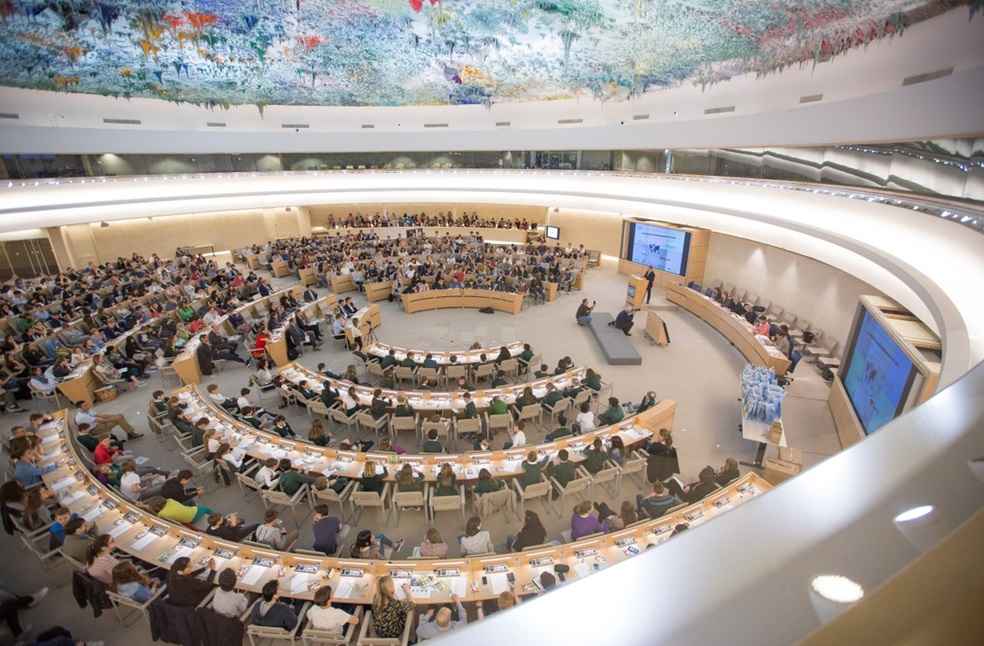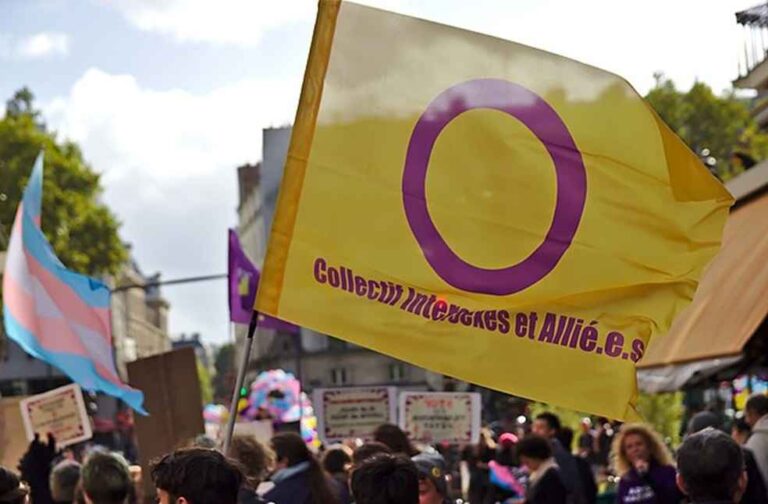GENEVA: The United Nations Human Rights Council (UNHRC) has passed a resolution that affirms the rights of intersex people. The passage of this resolution represents the first time such a solution was enacted, but it also signifies a growing international commitment to the protection of the rights of people born with variations in their sex characteristics.
The resolution was proposed by the governments of Australia, Chile, Finland, and South Africa, and it is titled ‘Combating discrimination, violence, and harmful practices against intersex persons.’ Many children who are born with variations in their sex characteristics, which are also known as intersex traits, are often subjected to unnecessary and risky ‘normalising’ surgeries.

These surgeries are irreversible and can cause psychological trauma, scarring, and sterilization. It is estimated that around 1.7 percent of people carry an intersex trait, which means that intersex deviations are not unusual but are often misinterpreted.
Since the 1950s, surgeons performing these surgeries, including procedures to reduce the size of the clitoris, on intersex children, even though they are medically unnecessary. Intersex advocacy groups, along with various medical and human rights organisations, raising awareness about this issue for decades.

Despite progress being made globally to ban these surgeries, some parents still face pressure from surgeons to choose these processes for their children who are too young to experience them in the end. In 2013, the World Health Organization (WHO) objected to early sterilization surgeries on intersex children.
Since 2011, UN human rights treaty bodies criticised such procedures over 50 times and urged banning forced or coerced medical interventions without full, free, and informed approval. In late 2023, the UN Office of the High Commissioner for Human Rights issued a technical note recommending the prohibition of non-emergency medical interventions performed without full, free, and informed consent regarding intersex characteristics.



